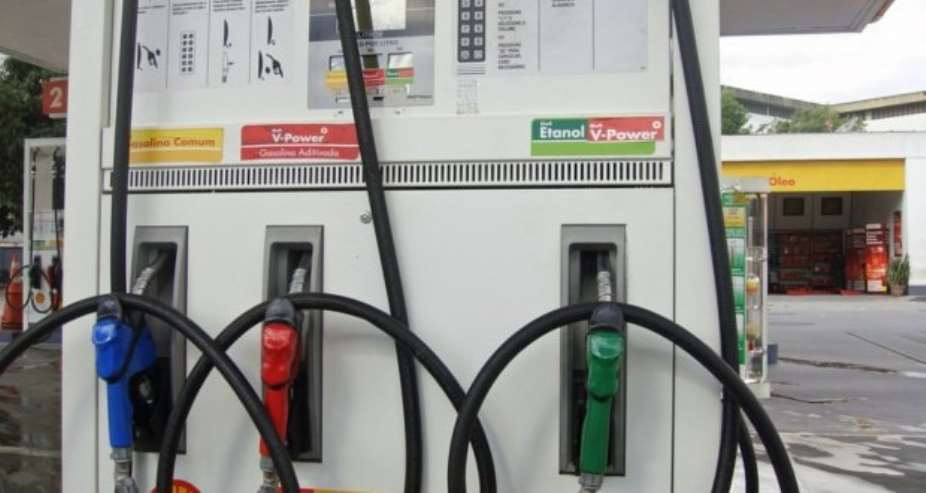The Chamber of Petroleum Consumers wants the National Petroleum Authority to step in to prevent the various Oil Marketing Companies (OMCs) from implementing the second phase of the petroleum price deregulation.
According to the Chamber, the development if unresolved, will lead to exploitation as the OMCs will set prices capriciously.
“The same Bulk Distribution Companies [BDCs] could quote different prices in various parts across the country; you could assume that it is not too far that the OMCs will also quote different prices across the country,” the Executive Secretary of the Chamber of Petroleum Consumers, Duncan Amoah observed.
The Petroleum Price deregulation, introduced in 2015, is geared at sanitizing the country's petroleum downstream sector.
The deregulation policy allows Oil Marketing Companies (OMCs) to fix their own prices, in an attempt to introduce competition to the ultimate benefit and protection of the consumer.
Currently, the NPA supervises the ceiling at which the OMCs cannot go beyond in pricing their petroleum products.
But Duncan Amoah argues that allowing the second phase of the deregulation without an intervention by the NPA, will lead to chaos in the petroleum downstream sector.
“That is something that we do not welcome because it is not going to create not only confusion but arbitrariness across the over 3,600 fuel stations across the country,” he stressed.
Meanwhile the Chamber says it is dissatisfied with the decision by the OMCs to increase petroleum prices in the first pricing window in September.
According to the Chamber, the low rate of decrease in prices of petroleum products over the past two pricing windows shouldn't have prompted an increase when global oil prices are increasing.
The Chamber reports that the prices of diesel and petrol have gone up between 6 and 8 percent and 4 and 6 percent respectively.
–
By: Pius Amihere Eduku/citibusinessnews.com/Ghana





 We’ll no longer tolerate your empty, unwarranted attacks – TUC blasts Prof Adei
We’ll no longer tolerate your empty, unwarranted attacks – TUC blasts Prof Adei
 Bawumia donates GHc200,000 to support Madina fire victims
Bawumia donates GHc200,000 to support Madina fire victims
 IMF to disburse US$360million third tranche to Ghana without creditors MoU
IMF to disburse US$360million third tranche to Ghana without creditors MoU
 Truck owner share insights into train collision incident
Truck owner share insights into train collision incident
 Paramount chief of Bassare Traditional Area passes on
Paramount chief of Bassare Traditional Area passes on
 Two teachers in court over alleged illegal possession of BECE papers
Two teachers in court over alleged illegal possession of BECE papers
 Sunyani: Victim allegedly shot by traditional warriors appeals for justice
Sunyani: Victim allegedly shot by traditional warriors appeals for justice
 Mahama vows to scrap teacher licensure exams, review Free SHS policy
Mahama vows to scrap teacher licensure exams, review Free SHS policy
 Government will replace burnt Madina shops with a new three-story, 120-store fac...
Government will replace burnt Madina shops with a new three-story, 120-store fac...
